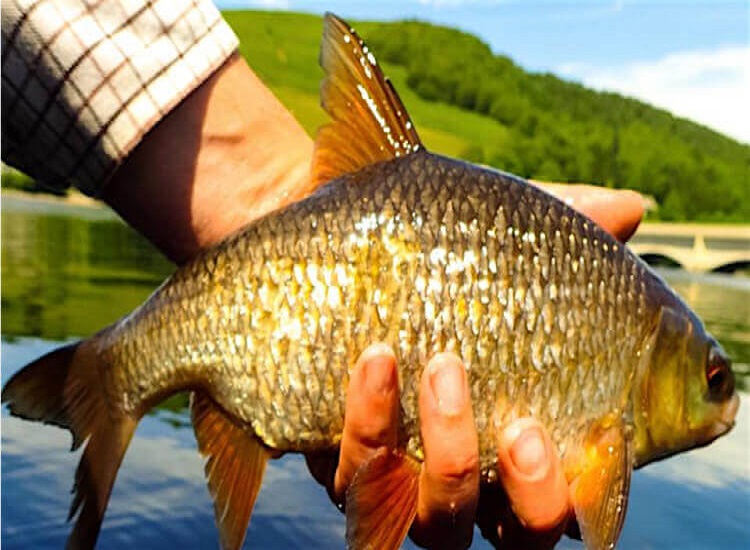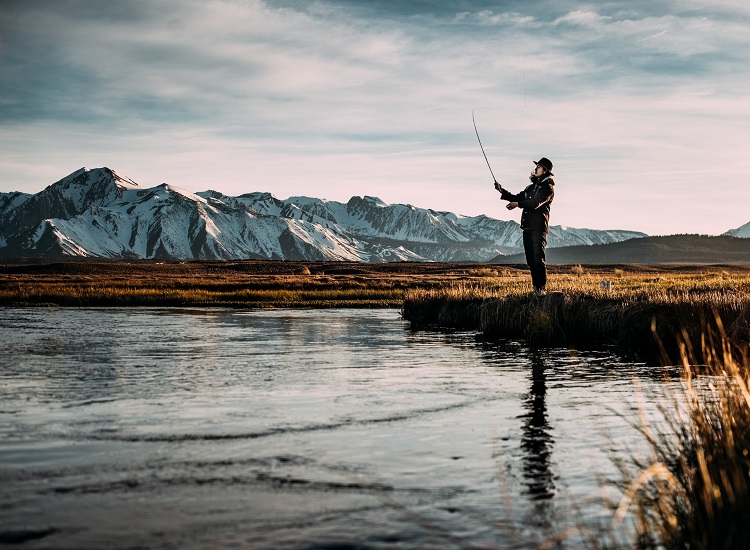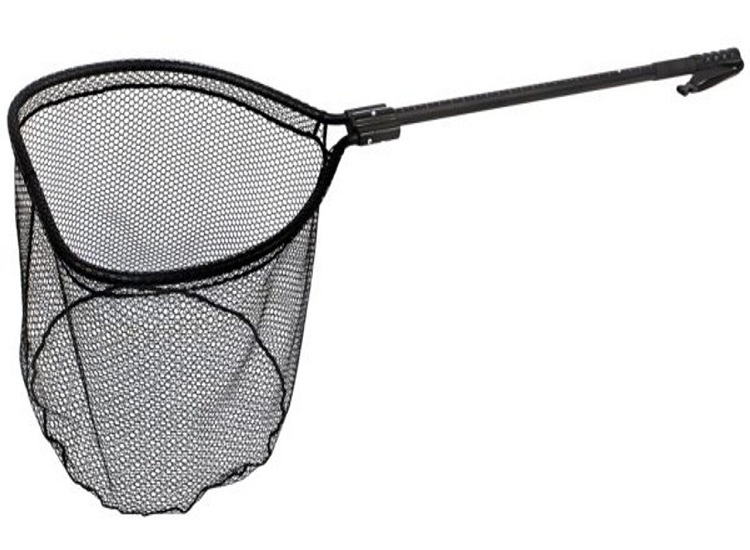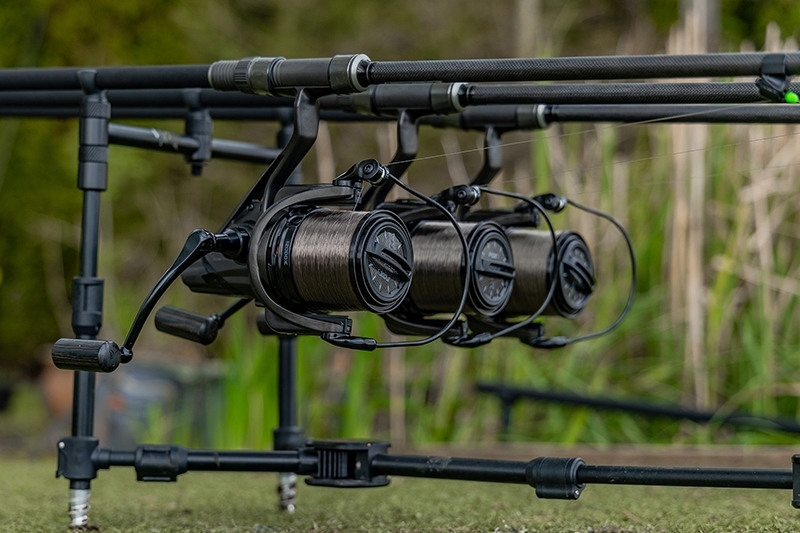As an avid angler or someone who’s just starting to explore the world of fishing, you should be aware that having a fishing license is more than just a legal requirement. It gives you access to some of the best lakes, rivers and streams in the country with opportunities to catch different species all year round. In this blog post, we’ll take a closer look at what a UK fishing license is, how to obtain one and its benefits for anglers. Whether you’re planning on going solo or taking your family along for some quality time outdoors, understanding why you need a fishing license will help ensure that your experience is both enjoyable and hassle-free!
The Importance of Fishing
Fishing is a popular pastime that has been enjoyed by people for centuries, and the reasons why are as varied as the anglers themselves. For some, it’s a way to unwind and escape from the stresses of everyday life. For others, it’s an opportunity to bond with family or friends over a shared interest.
But fishing is more than just a leisure activity – it also plays an important role in conservation efforts. Catch-and-release practices help maintain fish populations and ensure that these species can continue to thrive for years to come.
Additionally, fishing promotes physical fitness through activities such as casting, reeling and wading in streams or rivers. It also provides mental health benefits like reducing stress levels and improving overall mood.
For many anglers, there’s simply nothing quite like the feeling of anticipation when waiting for that first bite on their line. The challenge of catching different fish species only adds to this excitement, making each trip unique and rewarding in its own way.
In short, fishing offers countless benefits beyond just catching fish – it’s an experience that brings people together while promoting healthy living habits and supporting environmental sustainability efforts.
What is a Fishing License?
A fishing license is essentially a permit that allows you to legally fish in UK waters. It’s mandatory for anyone above the age of 12 who wants to engage in recreational freshwater or saltwater fishing, as well as those who want to take part in commercial fishing activities.
In essence, a fishing license helps regulate the number of anglers on UK waterways and ensures that everyone is following the rules and regulations set out by governing bodies like the Environment Agency. These regulations may include catch limits, size restrictions, and specific seasons during which certain species can be caught.
Getting a license isn’t difficult – they are available online from the government website or through local tackle shops. Licenses are typically valid for one year but can also be obtained on a short-term basis if needed.
It’s important to note that not having a valid fishing licence when required could result in prosecution and significant fines. So make sure you have your license before casting your line!
How to Obtain a Fishing License

Obtaining a fishing license in the UK can be a straightforward process. First, you need to decide which type of fishing license is best for you and then visit the official government website to purchase it online.
To begin with, you’ll need to create an account on the website, providing your personal details such as name, address and email. Once registered, select your preferred option from either a full or limited fishing license depending on how often and where you plan to fish.
The full license allows access to all public waters across England, Wales and Scotland while the limited one restricts usage only within specified areas. The cost of each will depend on several factors like age categories but generally ranges from £20-£100 per year.
After selecting your choice of license, input payment information via credit or debit card before receiving confirmation via email. As part of regulations for responsible angling practices in UK waters., make sure that you always carry this permit when out fishing.
The Different Types of Fishing
Fishing is a versatile sport that offers many different types of fishing, each with its own unique style and requirements. The most popular type of fishing in the UK is coarse fishing, which involves catching fish such as carp, bream, tench and roach in freshwater lakes or rivers.
Sea angling is another popular type of fishing in the UK, where anglers catch fish like mackerel, bass and cod from the sea. There are also specialist forms of angling such as fly-fishing for trout or salmon on rivers or lochs, match fishing for competitive anglers who seek to catch large amounts of fish within a set time limit.
Another form of fishing gaining popularity in recent years is predator fishing. This type includes pike and zander hunting using lures or dead baits to entice these predatory species into biting.
There’s game fishing – an exclusive form often associated with wealthy individuals targeting salmon on legendary Scottish rivers but more widely accessible through fisheries offering day tickets at more affordable prices.
Regardless of what type you choose to pursue; having a valid Fishing License will ensure that you can legally enjoy your hobby while protecting vulnerable wildlife populations across all habitats in the UK waters.
The Benefits of Fishing
In summary, obtaining a fishing license in the UK is not only required by law but also comes with numerous benefits. From the joy of being outdoors and enjoying nature to developing new skills and socializing with other anglers, fishing has something to offer for everyone.
Moreover, it provides an opportunity for individuals to engage in conservation efforts while contributing to the local economy. Whether you are interested in coarse fishing or prefer fly fishing on a river bank, there is always something new to learn and explore when it comes to this timeless activity.
So if you haven’t got your fishing license yet, we highly recommend that you consider doing so! It’s an investment that can pay off both personally and environmentally while allowing you to enjoy one of life’s simple pleasures.






